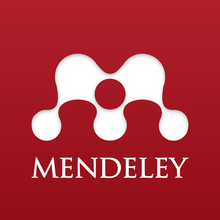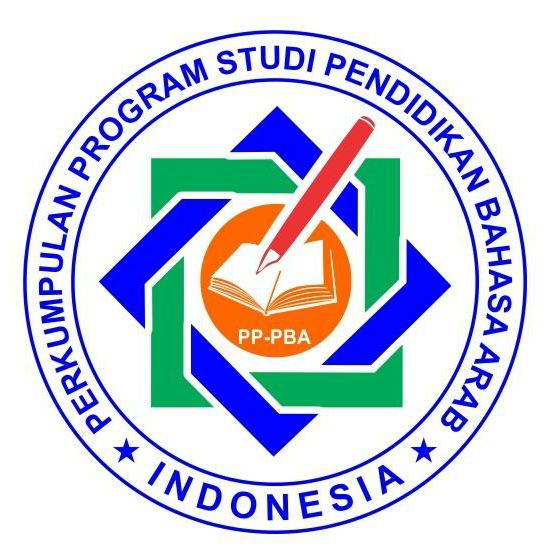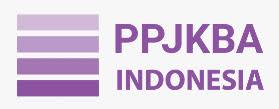Ta’līm al-Lugah al-‘Arabiyyah bimajāl Mahārah al-Qirā’ah wa al-Kitābah
al-Taḥlīl al-Waqi’ī fī Syiddah Qirā’ah al-Mufradāt ‘alā Qudrah Kitābah al-Insyā’ bima’had al-Risālah al-Aṣrī al-Mubarmaj al-‘Aṣrī Būnūrūghū
DOI:
https://doi.org/10.37680/aphorisme.v2i1.626Keywords:
intensity, vocabulary, skillsAbstract
In studying language, vocabulary is the key to understand language lesson. It is similar in learning Arabic. The vocabulary is important. In learning Arabic, there four skills. They are listening, writing, reading, and speaking. All students should have a lot of vocabulary. The main purpose of this research are: (1) to describe the intensity of reading vocabulary of the second grade students at Arrisalah Islamic Boarding School, (2) to describe the writing skills of the second grade students at Arrisalah Islamic Boarding School, (3) to understand the effect of vocabulary reading intensity to improve the students’ writing skills. The quantitative research was used. The data were collected from the students and the boarding school’s information by using observation, questionnaires, test, and documentation. Meanwhile, to determine the relationship and the effect of vocabulary reading intensity on the students’ writing skills product moment correlation was used. From this research, it is known that the reading vocabulary intensity is at a moderate level with a percentage result 64.70% and the writing skills are also at a moderate level with a percentage result 52.94%. By calculating the product moment correlation between reading vocabulary intensity and writing skills, it was found that the correlation number was 0.784 and the coefficient of determination in variable of the vocabulary reading intensity affects the students’ writing skills was 63%.
References
Biklen, B. (1982). Qualitative Research for Education, An Introduction to Theory and Method. Aliya Boston.
Fitriani, F. (2020). Muhadarah dan Eskalasi Kecerdasan Linguistik. Aphorisme: Journal of Arabic Language, Literature, and Education, 1(1), 1–15. https://doi.org/10.37680/aphorisme.v1i1.315
Harefa, A. (n.d.). Happy Writing. PT Gramedia Pustaka Utama. https://books.google.co.id/books?id=zbqi8CoGU4UC
Hermawan, A. (2011). Metodologi Pembelajaran Bahasa Arab. Rosda Karya.
Kustiawan, M. (2002). Dalil Al-Katib Wa-al-Mutarjim. Moyo Segoro Agung.
Putra, W. H., & Sholihah, R. A. (2020). Politik Bahasa Asing dan Hegemoni Pesantren di Nusantara. Aphorisme: Journal of Arabic Language, Literature, and Education, 1(1), 43–53. https://doi.org/10.37680/aphorisme.v1i1.320
Setyowati, N. (2020). Problematika Pembelajaran Kitabah dan Tarjamah di Madrasah Ibtidaiyah. Aphorisme: Journal of Arabic Language, Literature, and Education, 1(1), 32–42. https://doi.org/10.37680/aphorisme.v1i1.323
Soepomo. (2011). Filsafat Bahasa. Muhammadiyah Press.
Syaodeh, N. (2009). Metode Penelitian Pendidikan. Rosda Karya.
قسم اللغة, أ. (2019). تعليم اللغة العربية بمعهد الرسالة المبرمج العصري بونوروغو.
Downloads
Published
Issue
Section
License
Authors who publish with this journal agree to the following terms:
Authors retain copyright and grant the journal right of first publication with the work simultaneously licensed under a Creative Commons Attribution-NonCommercial 4.0 International License that allows others to share the work with an acknowledgement of the work's authorship and initial publication in this journal.
Authors are able to enter into separate, additional contractual arrangements for the non-exclusive distribution of the journal's published version of the work (e.g., post it to an institutional repository or publish it in a book), with an acknowledgement of its initial publication in this journal.
Authors are permitted and encouraged to post their work online (e.g., in institutional repositories or on their website) prior to and during the submission process, as it can lead to productive exchanges, as well as earlier and greater citation of published work.





.jpg)


